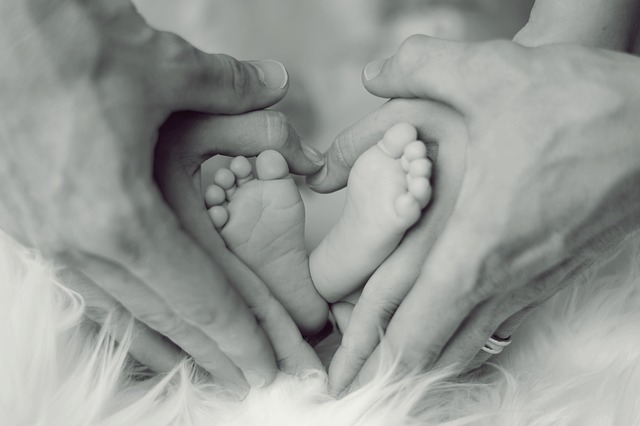
Parent-child relationship indicates the parental representations, which helps to analyze the future bonding between parent and child. The attachment of infants with their parents is necessary to feel them their security.
Women are well aware of their reproductive limitation with increasing age. In Western countries, many women have chosen non-medical social egg freezing to avoid the panic of the ticking of the biological clock and take time to settle in their carrier, searching for a suitable partner, or other personal reasons. However, many cancer patients before start their radiotherapy or chemotherapy freeze their eggs for future use to get a genetically identical child.
The chances of pregnancy become higher by using frozen egg technique when the sufficient number of mature eggs are cryopreserved. Egg freezing gives the scope to a woman to enter in motherhood at any time. It also opens the door for a woman to enjoy her motherhood with or without a partner. Thus, self-sufficient women can take the liability of their fertility in their hand.
If we consider the child-mother relationship who opt social egg freezing techniques, then the relationship as high in warmth and joy, mother showed moderate to high competence and focus on her child with minimum disappointment and anger. Mothers are highly affectionate and happy about their child with low levels of angry, rejecting, or controlling behaviors.
Mothers are more thoughtful about the future of their child and maintain the rationality in the family and show her perceptions about child behavior. In one word, a mother who opt social freezing technique usually handle their motherhood maturely, because they conceive at higher age after achieving all other desires like social status, carrier prospects, suitable partner search and already handled other familial issues. Moreover, they take their own decision to use their frozen eggs to achieve motherhood.
Similarly, fathers of the child born through social egg freezing show their moderate to a high level of love and affection towards the child. They are enough confident with low disappointment and anger. Fathers usually show less controlling behaviors. Overall high quality of the relationship is maintained.
But it is necessary to mention that the fate of social freezing eggs varies. Usually, a large number of mature eggs are cryopreserved to increase the possibility of a successful pregnancy. But there is a limitation of cryopreservation timing.
After a certain period surplus amount of social freezing eggs may perish or destroyed, donated to other infertile couples, or donated to research purpose. Such decision making is difficult for the woman and some time she may worry about what will happen to those oocytes? With changing of the ART field and the routine of embryology laboratories such ethical issues will be regularized more ethically shortly.



